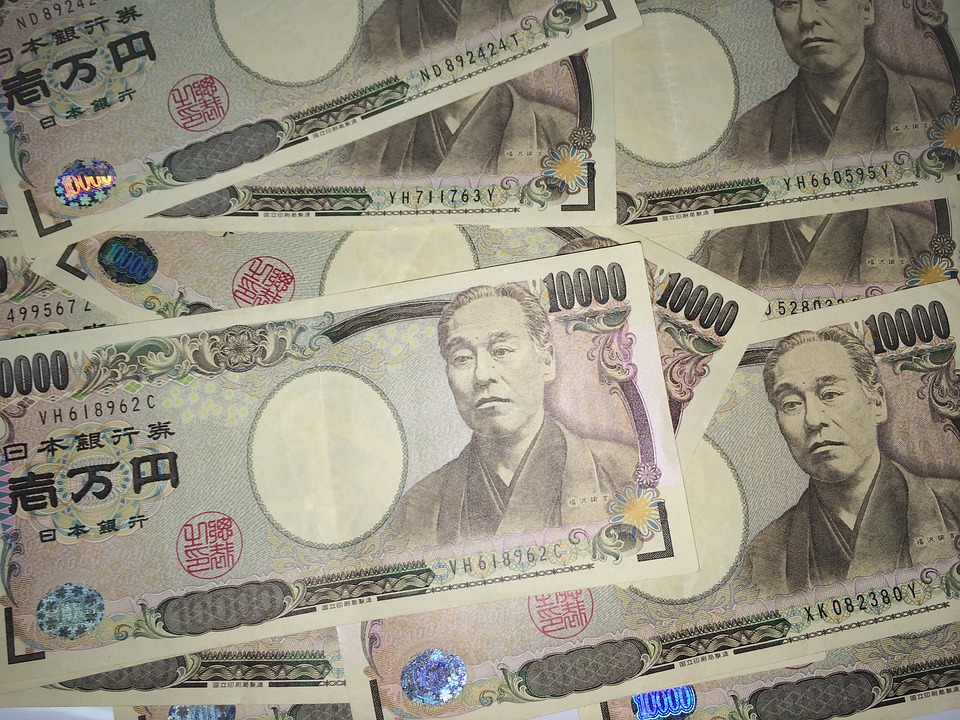Japan Is Not Doing Well

Yen. Image Source: Pixabay
In the period up until 1991, Japan’s economy grew much faster than the US economy. Most economists (myself included) expected Japan to continue to close the gap in per capita GDP. Instead, Japan began losing ground after 1991.Every so often, a revisionist comes along with the argument that if you look at the data in a certain way, Japan’s actually not doing that poorly. David Beckworth recently linked to one such example:
Wow. Japan GDP growth > USA GDP growth over the 1998-2019 period on a per working-age adult basis. @Noahpinion https://t.co/q8btlKMn1o
— David Beckworth (@DavidBeckworth) November 20, 2023
I’m not buying this argument, for two reasons:
1. Between 1991 and 1998 the US economy grew by 29%. Japan grew by only about 7%. Even in per capita terms the US growth rate was far higher. This is when Japan lost substantial ground against the US.
But Japan’s poor performance was due to a demand-side recession, and hence you might have expected them to recover over the next few years. It didn’t happen. Japan never again regained its 1991 position relative to the US.
People who wish to make Japan look better take 1998 or 1999 as a starting date, not the early 1990s. But any country looks better if you start the clock from the trough of a recession. Thus the US looks better when you start the clock from 2009 rather than 2007.
2. I don’t like using working age population as the denominator. It sounds reasonable until you consider that a fast-growing share of Japan’s workforce is 65 or over. Thus lots of its GDP is being produced by workers that are not being counted in the comparison.
I don’t have the exact figures, but it seems that about 30% of Japan’s population is 65 or over. Another 55% is between 18 and 64, and roughly 15% is below 18. That means that about 35% of Japan’s adult population is 65 or over, and the share has been rising rapidly. And while only 26% of the older group is working, that share is also rising over time. Put those two facts together, and Japan has a rapidly growing number of older workers.
Even with all of these adjustments, I’d guess that Japan’s per capita growth rate since 1998, properly measured, isn’t much different from that of the US. But since 1991, Japan has lost ground against both the US and other highly developed countries such as Germany. In 1991, you might have expected most of the cutting-edge East Asian companies in high tech to be located in Japan. Instead, companies like TSMC and Samsung are in countries that were recently far behind Japan in technological expertise. Many Japanese offices still rely on things like fax machines.
Is Japan doing well compared to Argentina, Algeria or Myanmar? Of course. But Japan is not doing well relative to what one might have expected after the spectacular Japanese boom of 1950-1991. In recent years, I visited both Japan and Austria. Austria seemed far more affluent.
Japan is a nation of 125 million highly educated people with great social cohesion. In the past, it has shown great ability to innovate. It should be doing better.
More By This Author:
Dollarization For Argentina?Do The Banks Pay FDIC Fees?
Bill Dudley On Money And Inflation



